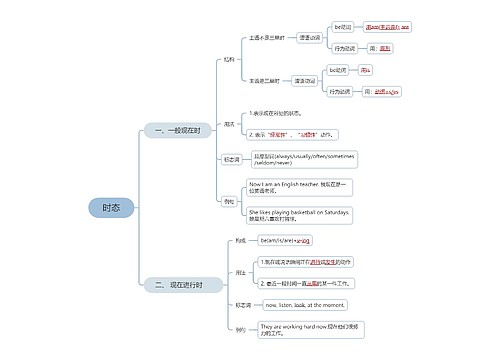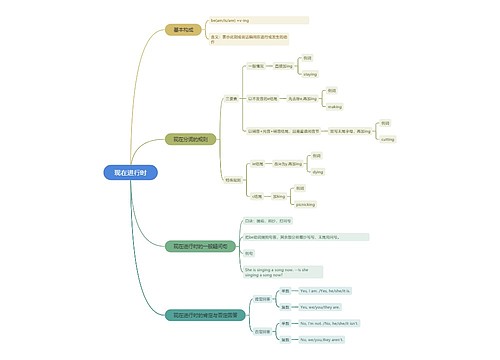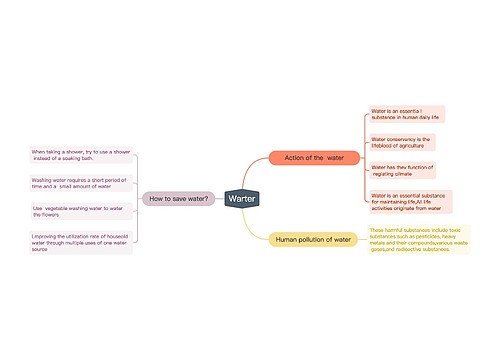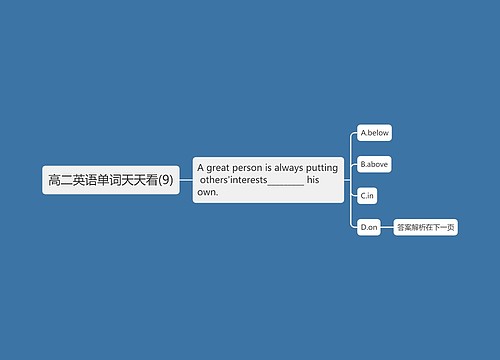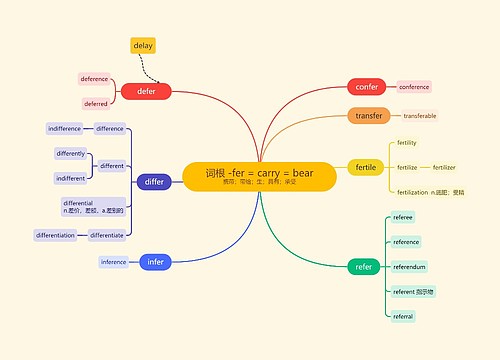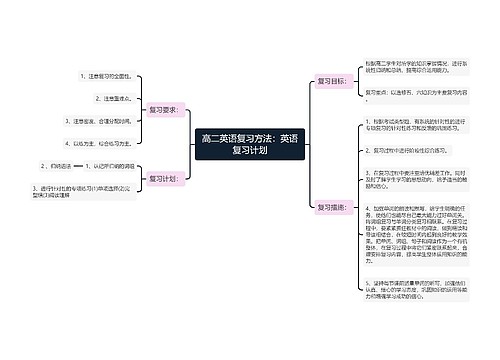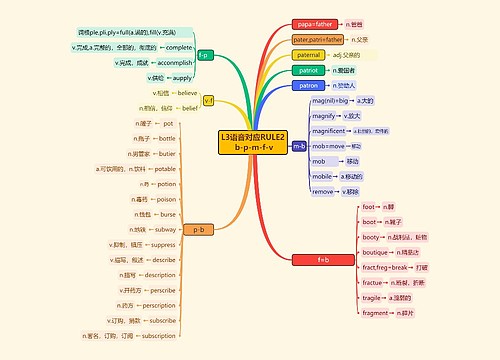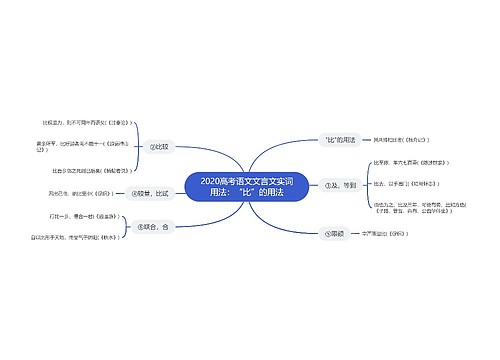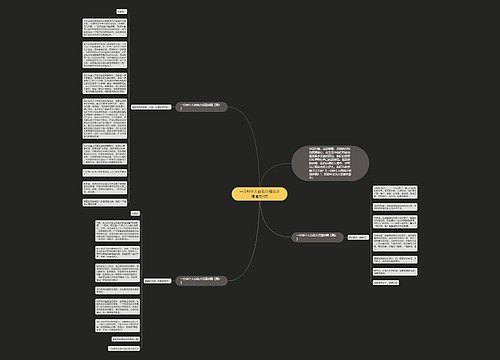Paper is one of the most important products ever invented by man. Wide spread use of written language would not have been possible without some cheap and practical material to write on. The invention of paper meant that more people could be educated because more books could be printed and distributed. Together with the printing press, paper provided an extremely important way to communicate knowledge.
How much paper do you use every year? Probably you cannot answer that question quickly. In 1900 the world's use of paper was about one kilogram for each person a year. Now some countries use as much as 50 kilograms of paper for each person a year. Countries like the United States, England and Sweden use more paper than other countries.
Paper, like many other things that we use today, was first made in China. In Egypt and the West, paper was not very commonly used before the year 1400. The Egyptians wrote on a kind of material made of a water plant. Europeans used parchment for many hundreds of years. Parchment was very strong; it was made from the skin of certain young animals. We have learnt of the most important facts of European history from records that were kept on parchment.
(1)、What's the meaning for the word 'parchment'? ________
A:The skin of young animals.
B:A kind of paper made from the skin of certain young animals.
C:The paper used by European countries.
(2)、Which of the following is not mentioned about the invention of paper? ________
A:More jobs could be provided than before.
B:More people could be educated than before.
C:More books could be printed and distributed.
D:More ways could be used to exchange knowledge.
(3)、When did the Egyptians begin to use paper widely? ________
(4)、Which of the following countries uses more paper for each person a year? ________
(5)、What is the main idea of this short talk? ________
A:More and more paper is being consumed nowadays.
B:Paper enables people to receive education more easily.
C:The invention of paper is of great significance to man.
D:Paper contributes a lot to the keeping of historical records.



